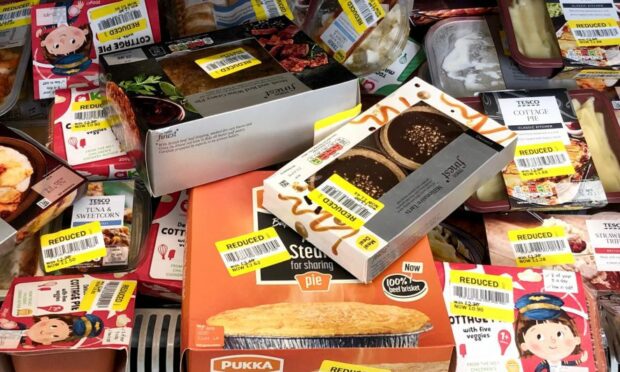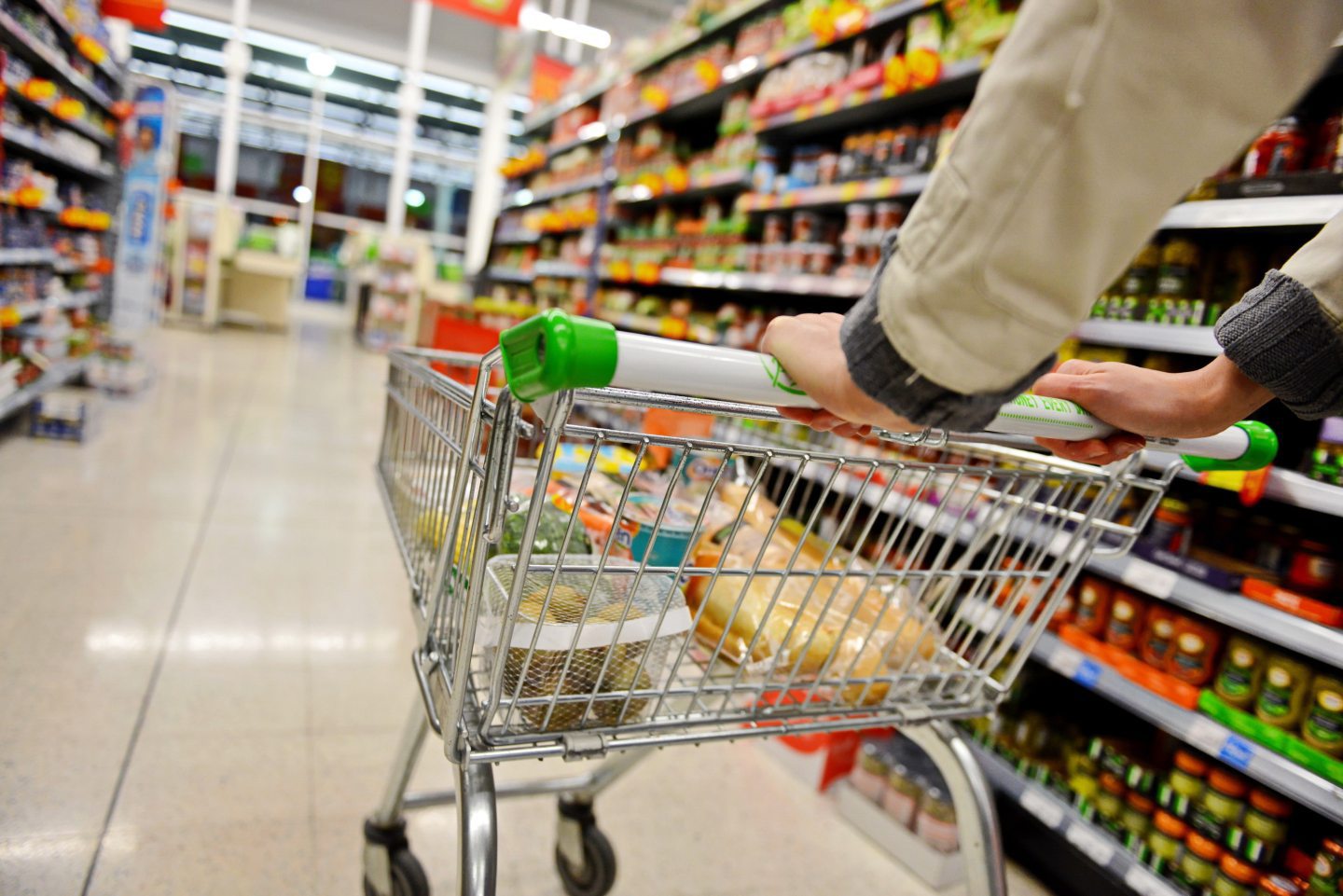Health bosses say the cost of living crisis is pushing half of us to ignore use-by dates so we can save money.
Food Standards Scotland has also found 70% of us are more worried about affording our shopping now compared to six months ago.
It says the “alarming” figures are only going to get worse as the crisis deepens over the winter.
‘Worrying’ food habits changing
The organisation surveyed more than 1,000 people across Scotland to get an idea of how the cost of living is affecting food behaviour.
It said the picture is “fairly universal” throughout the country, with no “significant” differences between the north or north-east and anywhere else.
Around half of all adults say they’ve eaten out-of-date food at some point since April to prevent wasting money by chucking it out. For almost one-third, it’s happening more regularly.
The survey flagged that around one-quarter of Scottish adults have reduced how much fresh foods and fish they eat.
A similar number said they’ve swapped to smaller portions, or skipped meals altogether, to cut down on costs.
Snacks turfed out the supermarket trolley
According to the research, more than half of us have swapped branded products for cheaper alternatives when they’re in the supermarket.
And almost 40% of us have picked up a bargain from the reduced section in a deliberate move to save money.
But Food Standards Scotland says there could be some positives, with people cutting back on snacks and takeaways.
Additionally, 40% of us have swapped to more energy-efficient cooking methods – moving from the oven to the hob, or from the hob to the microwave.
‘Concerning’ behaviour increasing sickness risk
It’s estimated there are 43,000 food poisoning cases in Scotland every year.
Around 5,800 require GP attention, with 500 people hospitalised annually.
Food Standards Scotland says failing to follow use-by dates on food could cause these numbers to soar.
Jacqui McElhiney, head of science, said: “It’s concerning that so many people are adopting practices which could put them at increased risk of food poisoning.
“Perishable foods can become unsafe to eat when they are stored past their use-by date, especially when they are not kept chilled.
“Saving energy and avoiding food waste are always priorities, but we must also remember the importance of food safety.”












Conversation